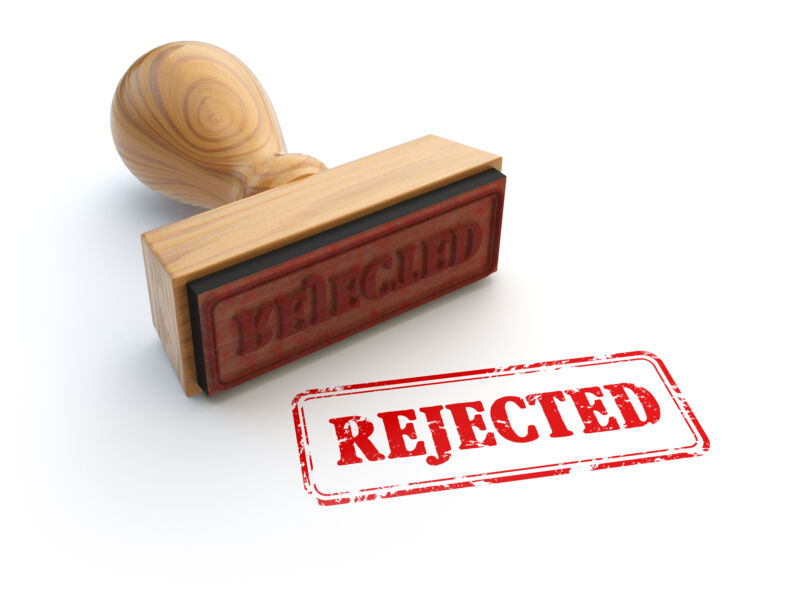
Elon Musk lost an attempt to avoid a deposition and terminate a privacy settlement that Twitter agreed to before he bought the company.
Musk’s X Corp. in July asked a federal judge for “a protective order staying the notice of deposition of Elon Musk,” and an order to terminate or modify the company’s 2022 settlement with the Federal Trade Commission. US Magistrate Judge Thomas Hixson denied both requests in an order issued Thursday in US District Court for the Northern District of California.
The May 2022 settlement with the FTC came in response to Twitter targeting ads at users with phone numbers and email addresses collected from those users when they enabled two-factor authentication. US authorities are investigating whether the Musk-owned social network, now officially called X, is complying with the settlement’s privacy and security requirements.
There was a legal flaw in X Corp.’s motion to terminate the settlement and prevent Musk’s deposition, Hixson wrote. When Twitter agreed to the privacy settlement last year, there was a “stipulated order” issued by the court and an “administrative order” issued by the FTC. X asked the court to terminate the stipulated order, but Hixson pointed out that the two orders are quite different.
“The obligations that X Corp. seeks to be relieved of come from the FTC’s Administrative Order, not this Court’s Stipulated Order,” Hixson wrote. The FTC’s administrative order “stands on its own,” and the relevant Federal Rule of Civil Procedure “allows the Court to modify its own orders, not another tribunal’s orders,” the judge wrote.
Judge: Court can’t block Musk’s deposition
Denying X’s request for discovery, Hixson wrote that “no discovery is necessary or appropriate. The flaw in X Corp.’s motion is purely legal: X Corp. is seeking to be relieved from its prospective obligations under the Administrative Order, and there is no order the Court can issue under Rule 60(b), or under any other Rule, that would accomplish that. Accordingly, discovery would not serve any purpose for this judicial proceeding.”
Moreover, “The Court also does not understand how it could order the FTC not to depose Musk,” Hixson wrote. “The Stipulated Order does not mean that the Court is supervising the FTC’s enforcement of the Administrative Order.”
In a separate case, Musk is trying to avoid testifying in a Twitter stock-purchase investigation and asked the court to block a subpoena issued by the Securities and Exchange Commission. Musk’s attorneys claimed in a November 2 court filing that the SEC is “harassing” him.
The X Corp. motion in the FTC case similarly claimed that the agency’s attempt to depose Musk is “an improper effort to harass and annoy Mr. Musk.”
Summarizing X’s argument, Hixson wrote that “X Corp. argues that the FTC radically shifted its investigative strategy after Musk acquired Twitter, imposing new and burdensome demands and treating the Stipulated Order as license for invasive scrutiny of any move X Corp. makes, no matter how remote from data privacy and security concerns. X Corp. argues that the agency’s ongoing overreach raises serious concerns about due process and prosecutorial misconduct, as well as the fairness of, and public confidence in, agency investigations and proceedings.”
FTC investigation continues
In response, US government lawyers called X’s motion meritless and said the FTC investigation has “revealed a chaotic environment at the company that raised serious questions about whether and how Musk and other leaders were ensuring X Corp.’s compliance with the 2022 Administrative Order.”
“The government says this increase in investigative activity should not be surprising because Musk directed at least five rounds of terminations, layoffs or other reductions in X Corp.’s workforce, which affected the security, governance, risk and compliance team,” Hixson wrote in his summary of the government’s argument. “The government argues that the FTC was concerned about X Corp.’s ability to comply with the Administrative Order given these significant changes to the company. As for deposing Musk, the government argues that the major changes to the company appear to have been initiated by Musk himself.”
The FTC has deposed five former X Corp. employees including ex-Chief Information Security Officer Lea Kissner, the US court filing said. “At a deposition, Kissner testified that decisions by Musk and others—including layoffs and other ‘cost-cutting pressure and decisions’—impaired X Corp.’s ability to ‘put technical restrictions and controls in place… around the company’s use of contact data to make sure that it was being used… for the purpose that the particular contact data was collected,'” the US wrote.
https://arstechnica.com/?p=1985572

